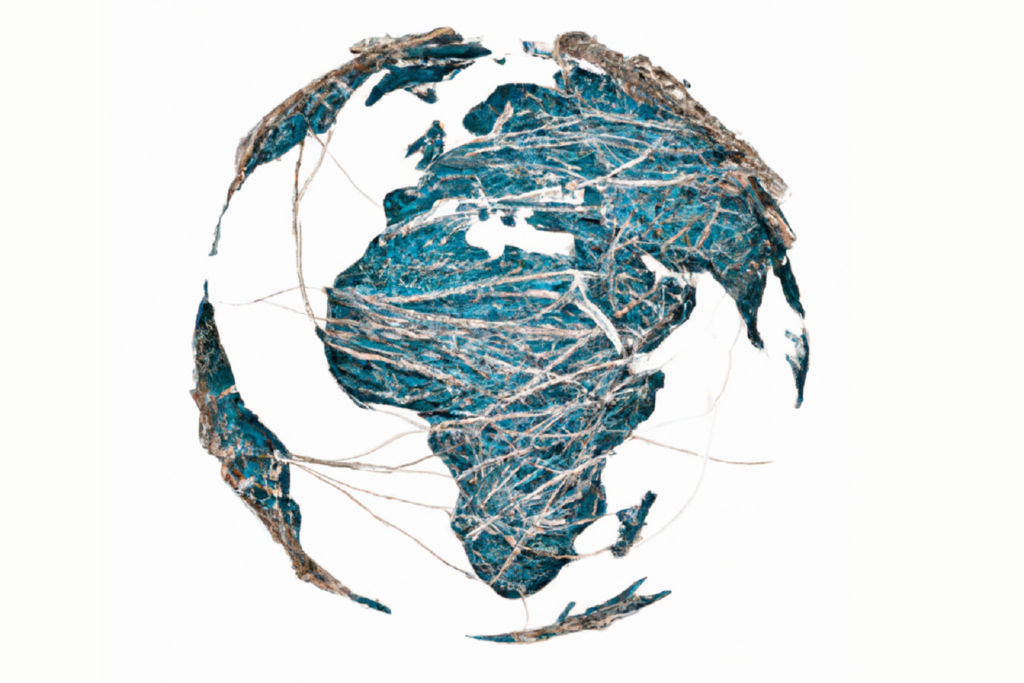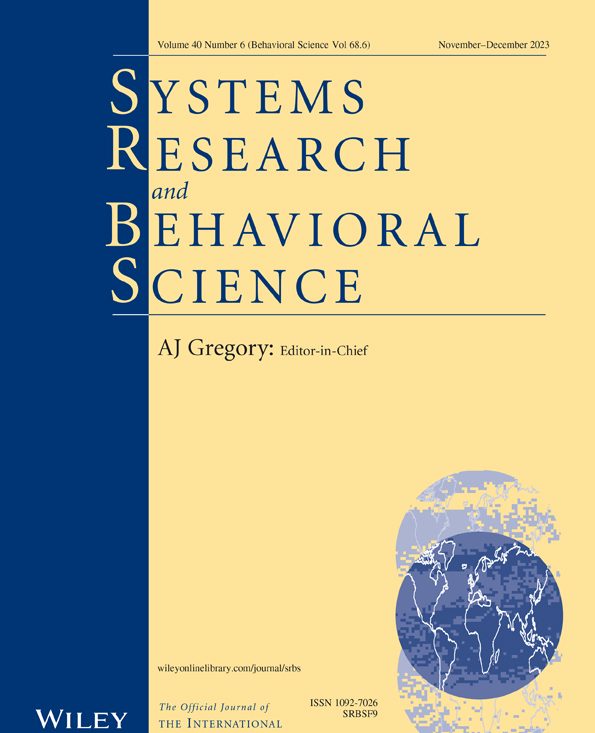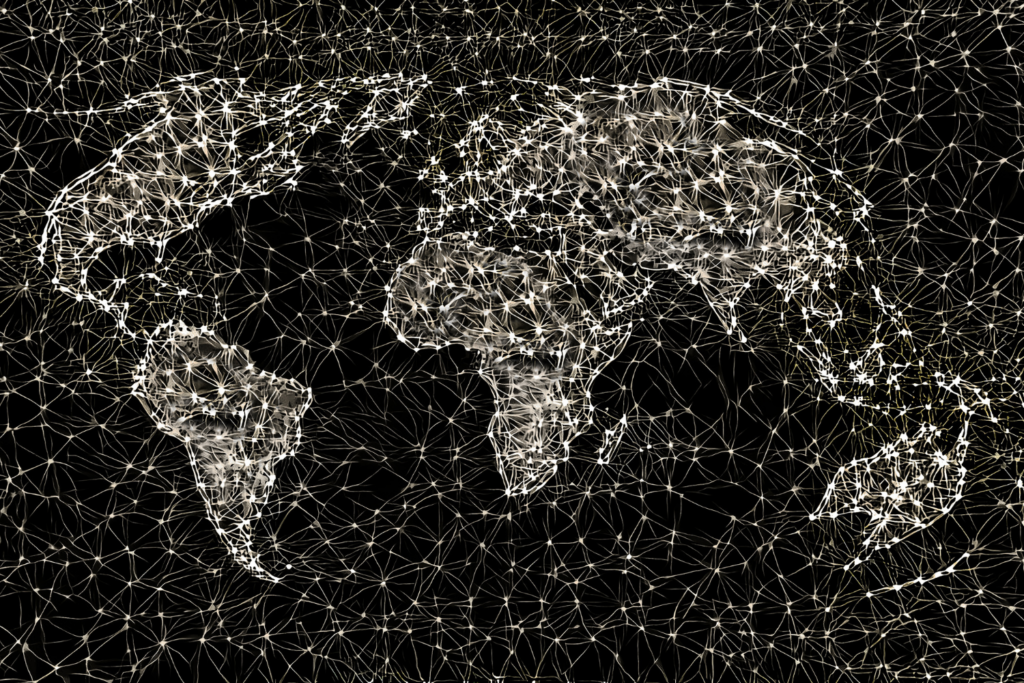How useful is the concept of polycrisis? Lessons from the development of the Canada Emergency Response Benefit during the COVID-19 pandemic
The authors examine domestic policymaking processes amidst polycrisis by tracing the Canadian government’s development of its Canada Emergency Response Benefit (CERB) during the Covid-19 pandemic. They argue that the process embodied three key best practices for national-level policy design in a crisis—policy integration, learning, and agility—and show how these elements evade capture by the polycrisis […]









